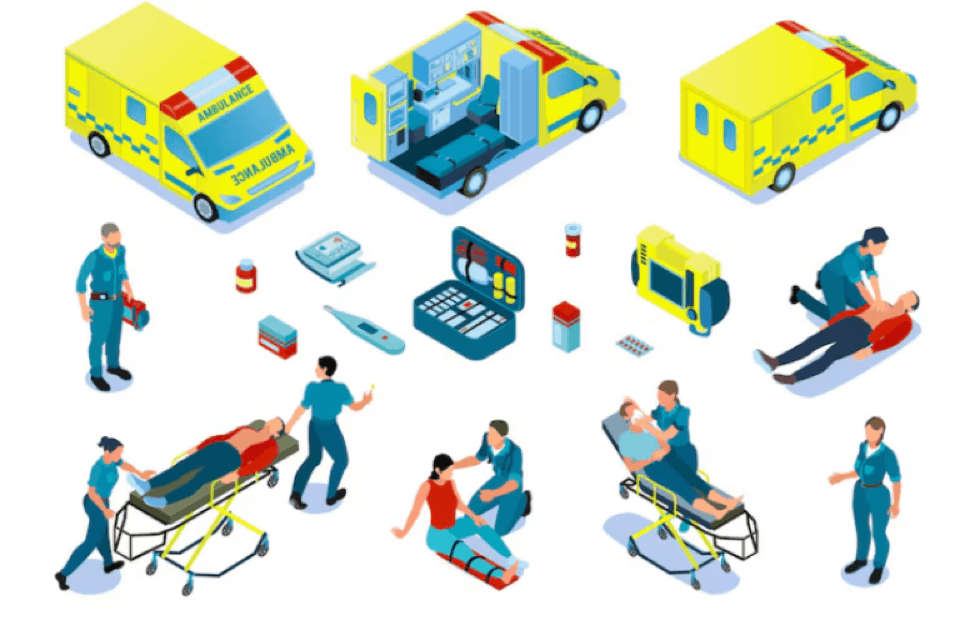
What is teeth whitening/bleaching?
Teeth whitening is a dental treatment that makes your teeth look brighter and lighter in colour. It doesn’t remove any part of your teeth but works by using special whitening gels (peroxide-based) to break down stains and discolouration on the outside and inside layers of the tooth.

What we use
Zoom teeth whitening by Philips
It is a popular in-office cosmetic dental procedure designed to brighten your smile fast, usually within a single visit.
How It Works
Zoom uses peroxide gel applied to your teeth and activated by a specialized LED or ultraviolet light to boost whitening results in about 45 minutes
Benefits
- Immediate and dramatic whitening—some patients see teeth up to 6–10 shades lighter in one session.
- High patient satisfaction when looking for fast cosmetic results.
- More powerful and long-lasting compared to many at-home alternatives.
Common myths and misconceptions about Teeth whitening/bleaching
- Whitening damages enamel permanently
Myth: The bleaching chemicals “strip away” your enamel.
Truth: Professionally done whitening (including Zoom) uses special gels to break down stains, not enamel. Temporary sensitivity happens because special gels can dehydrate enamel slightly, but it remineralizes naturally within days.
- All teeth whiten to the same shade
Myth: Everyone can get a “Hollywood bright white” result.
Truth: Your final shade depends on your natural tooth colour, type of stains, age, and dental work. Yellowish stains respond best; grey or brown tones may lighten less.
- Whitening works on crowns, fillings, or veneers
Myth: The gel will brighten all dental materials.
Truth: Only natural tooth enamel lightens. Restorations will stay the same colour
- One treatment lasts forever
Myth: Once whitened, teeth stay white permanently.
Truth: Whitening is not a one-time lifetime fix. Stains from coffee, tea, smoking, and age will gradually reappear; maintenance treatments or touch-ups are needed.
- Over-the-counter whitening is just as good as in-office whitening.
Myth: Drugstore kits can match professional results.
Truth: At-home products are weaker (by regulation), work more slowly, and can give uneven results. Professional whitening uses stronger gels, custom application, and safety measures.
- Whitening makes teeth weaker
Myth: Frequent whitening thins or softens enamel.
Truth: When done properly and at safe intervals, whitening does not structurally weaken teeth. Overuse of harsh, unregulated products, however, can damage enamel.
- If your teeth are sensitive, you can’t whiten
Myth: Sensitive teeth can’t handle whitening.
Truth: Dentists can tailor whitening with desensitising agents, lower concentrations, or shorter sessions to make it safe and tolerable.











